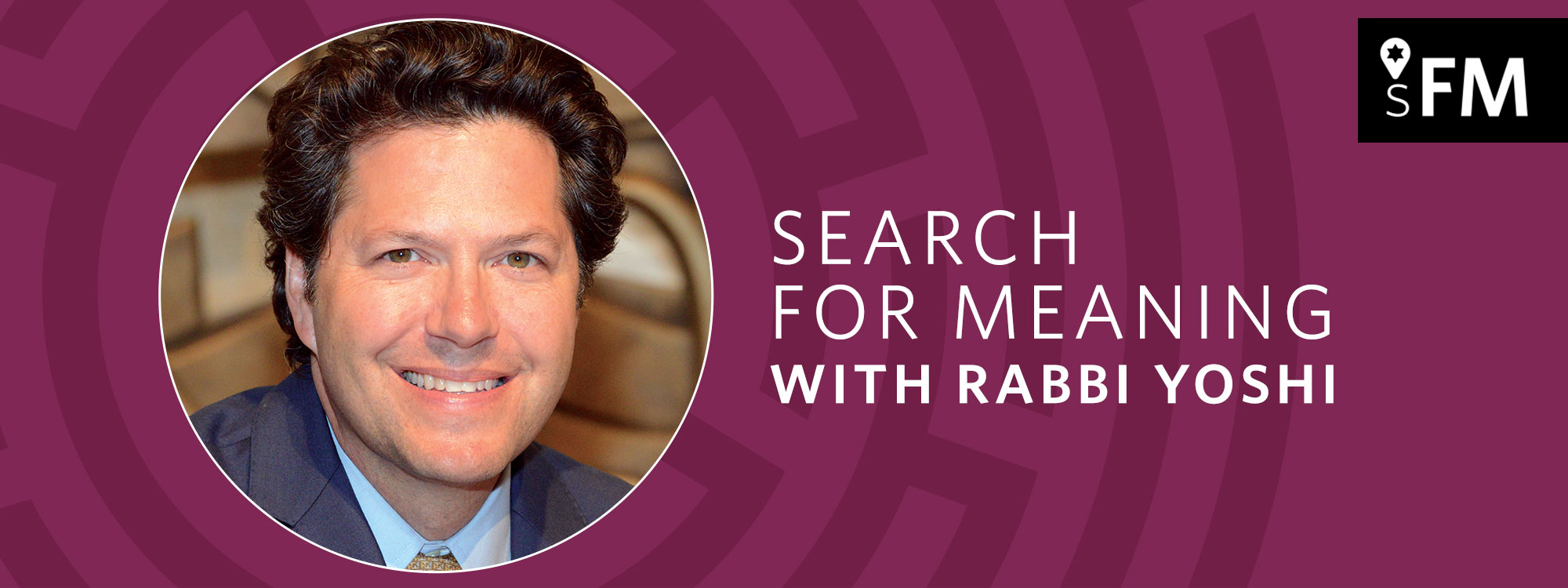| by Rabbi Yoshi Zweiback
וְנָתַתִּ֤י לָכֶם֙ לֵ֣ב חָדָ֔שׁ וְר֥וּחַ חֲדָשָׁ֖ה אֶתֵּ֣ן בְּקִרְבְּכֶ֑ם וַהֲסִ֨רֹתִ֜י אֶת־לֵ֤ב הָאֶ֙בֶן֙ מִבְּשַׂרְכֶ֔ם וְנָתַתִּ֥י לָכֶ֖ם לֵ֥ב בָּשָֽׂר׃ And I will give you a new heart and put a new spirit into you: I will remove the heart of stone from your body and give you a heart of flesh; A hard-hearted ruler who treats the most vulnerable with contempt and cruelty. A people subjugated and oppressed because they are different — in their dress, their language, their customs, their ways and, perhaps, too, because they come from a place the ruler deems undesirable. In the midst of a national conversation about racism and gender violence, in a time of increasing anti-Semitism, in a period of division and anxiety about the very future of our world, we read in our Torah about a moment in our People’s history when we as Jews were especially vulnerable: we were oppressed, enslaved, and targeted for genocide. This story is so important that we remind ourselves of it in our daily liturgy, we read about it each year as we study the book of Exodus, and we retell it at our Seder tables. But why? What is so important about this story? We remember so that we will be more sensitive to the degradation of others. We remember that we were slaves, that we were strangers so that we will “know the heart of the stranger,” so that we will be inspired and ever-ready to fight oppression and injustice wherever they surface. There is hard-heartedness in our world. Our task, in the face of division and vitriol, is to hold on to empathy and compassion so that “hearts of stone” might become “hearts of flesh.” |

